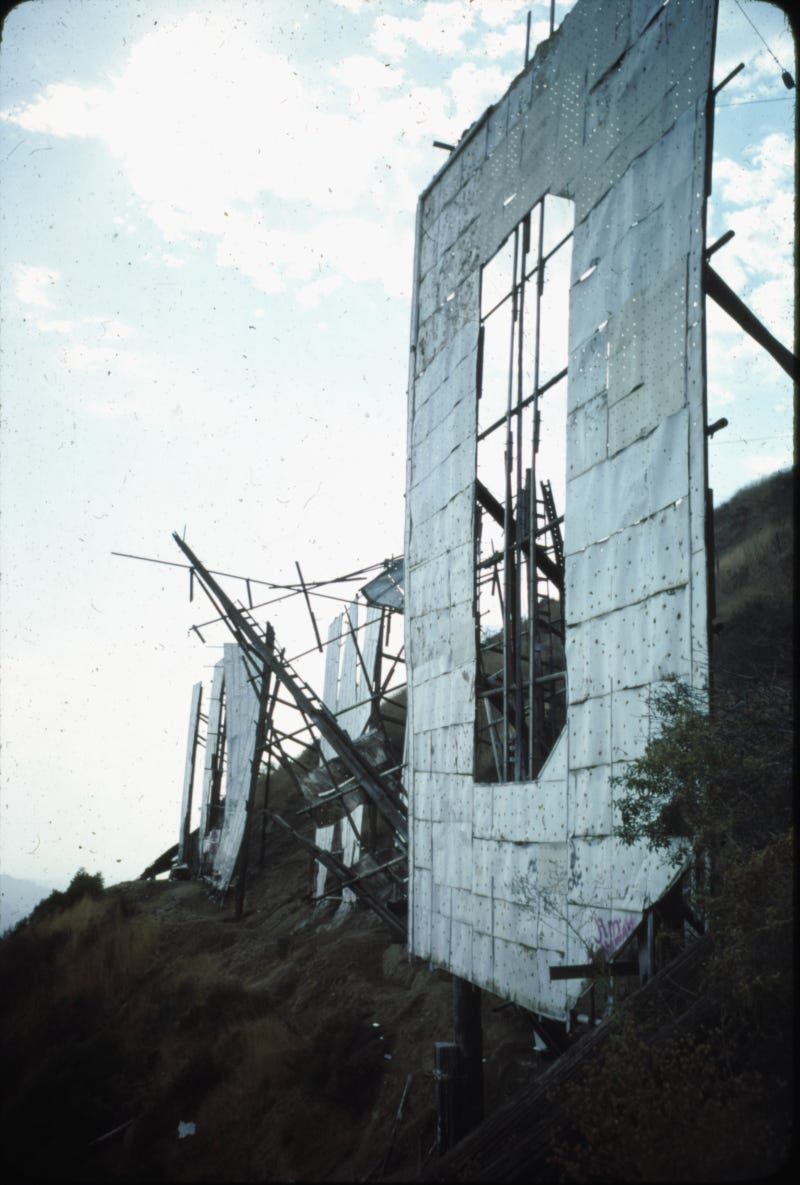Out Now: Minor Works of Popular Music
“And isn't death just the apocalypse in the first person?”
Minor Works of Popular Music is now available wherever. We really hope you like it.
(Note: with god on our side, LPs will ship in early November)
Listen/Buy on Bandcamp | Spotify | Apple
A few loose threads
We’re generally terrible at documenting things, but thankfully I had the foresight to capture this cute relic: here we see Moscow’s OpenSound Orchestra as they barreling through Prue’s elegant string arrangement for “Disbelief,” while the both of us “direct” over Zoom from thousands of miles away in Los Angeles and Melbourne.
Los Angeles is the end of the world.
This is the promise and the plague of the city at the edge of western civilization — the climate controlled hospice for the fading days of American history.
For a certain type of Southland nostalgic (for a city that’s famously unsentimental about preserving its history, LA’s lousy with nostalgics), contemporary Los Angeles is still haunted by the halo light of its darker histories — that doom energy that Didion so famously embodied in/as “The Santa Anas.”1 We know where the LaBianca house is. We know about the Cecil Hotel. We know what Jack Parsons did at Devil’s Gate. We’ve heard the rumors about the Sowden House. We know about the cults and the crimes and the tunnel under Ocean Blvd or whatever. When they say that this is a place where anything can happen, they don’t seem to understand the implications.
The sunsets always look better when the hills are on fire.
Anyway, before I lived in Los Angeles, I was in love with the legend of Forever Changes — the stark image of a 22-year-old Arthur Lee, addled and armed and hiding out in the Hollywood Hills, resigned to the fact that he wouldn’t survive to see the end of 1967. The album was an epitaph. (Is there a German word for this? The art object as last will and testament? It’s like memento mori in reverse: “I must die, remember me.”2) It’s easy to see Lee’s apocalyptic premonition as a harbinger of the coming horrors, but the deeply haunted beauty of Forever Changes makes it one of the few records to capture the spiritual disparity of the place.
In the years I lived in Los Angeles, the opening lines of “The Red Telephone” would get stuck in my head all of the time: “Sitting on the hillside/Watching all the people die.”
The apocalypse is ordinary.
Loosely speaking, the songs on Minor Works of Popular Music are about the end of time. There are Revelations, both upper- and lowercase. The setting is Los Angeles, and the Santa Anas are beginning to pick up. The coyotes with their incandescent eyes are wandering through the residential neighborhoods, stalking the center of busy streets with impunity. The ghost of P-22 watches over Beachwood Canyon. This is where the end begins.
The words were written less as a Last Will and Testament than as a kind of coda: what happens the day after everything ends? (This isn’t a hypothetical question; I still don’t have a good answer.) As much as I love the great, self-aggrandizing romantic gesture of the death album, what interests me more is the anti-climax, the wake — the ¯\_(ツ)_/¯ of resignation from those remnants left behind. Where are we now?
Come to think of it, a lot of the language we use to talk about these ghosts goes back to those Didion essays — the ones from those books that collect dust on every built-in bookshelf in the county, like LA’s answer to Gideons Bible.
It’s a fairly fruitful sub-genre: see also Blackstar, Donuts, All That Jazz, Purple Mountains, You Want It Darker, etc.





